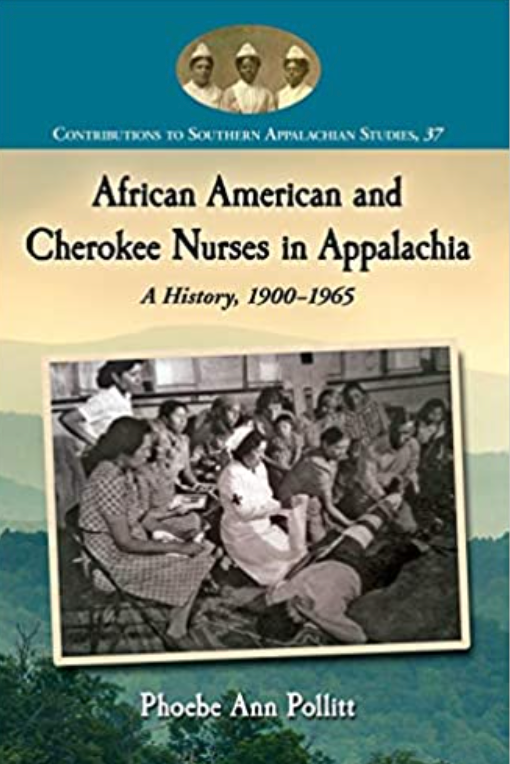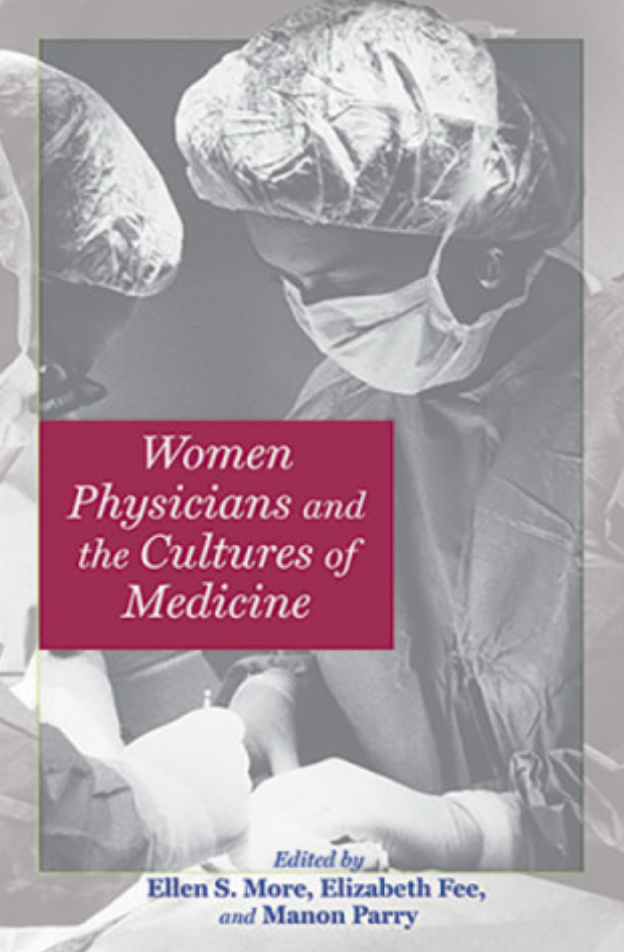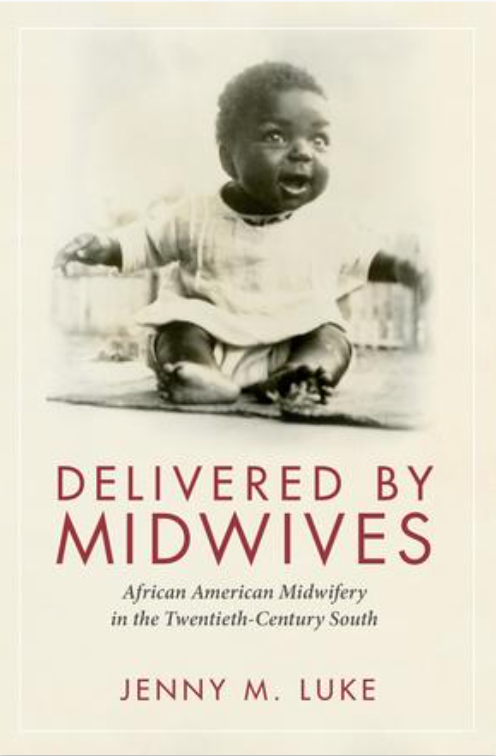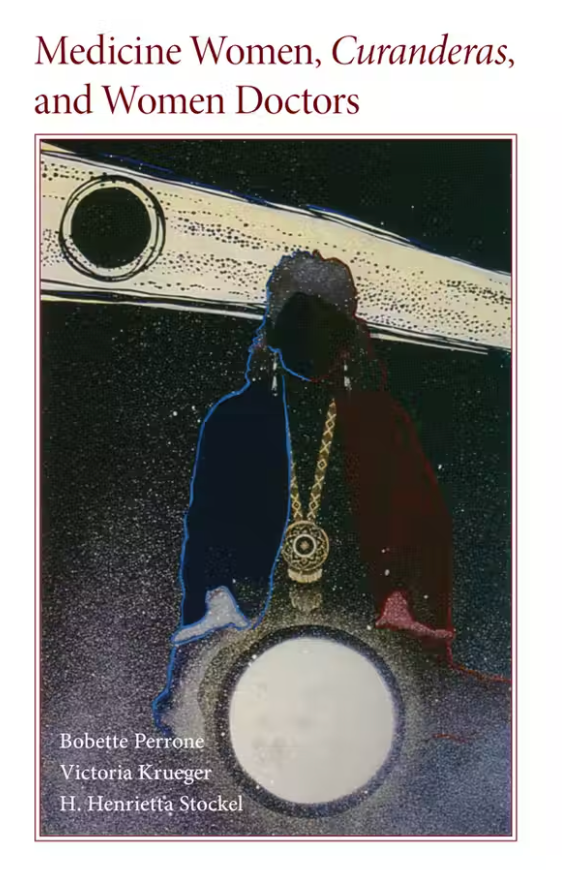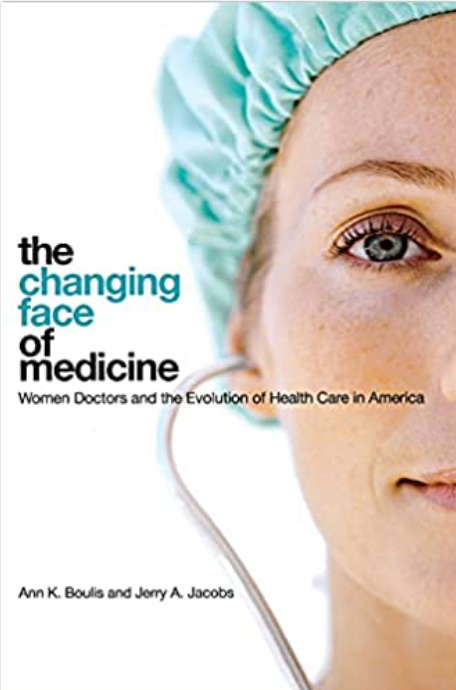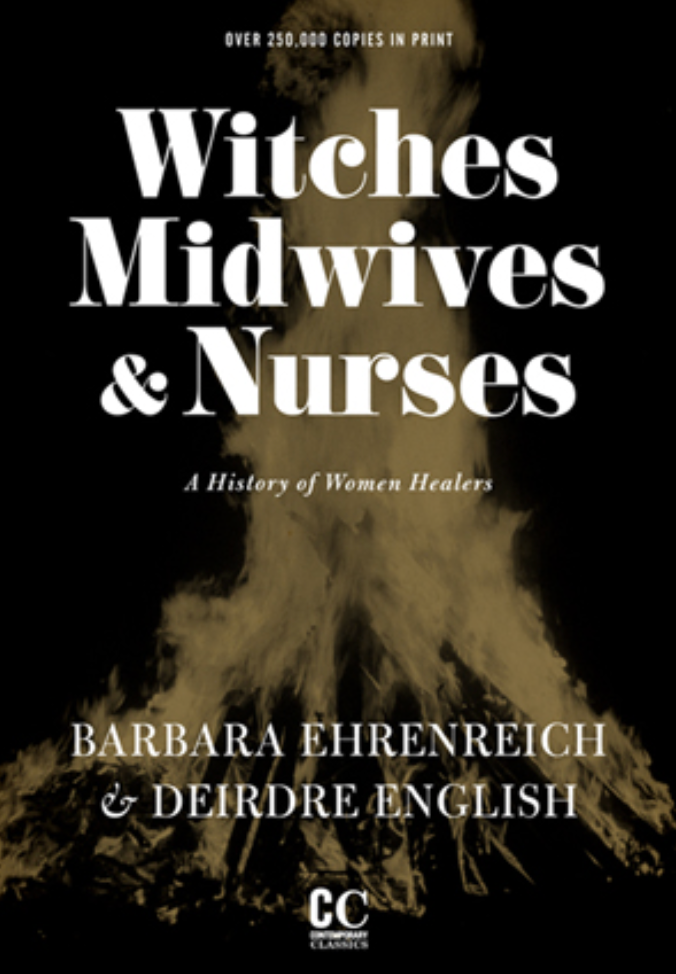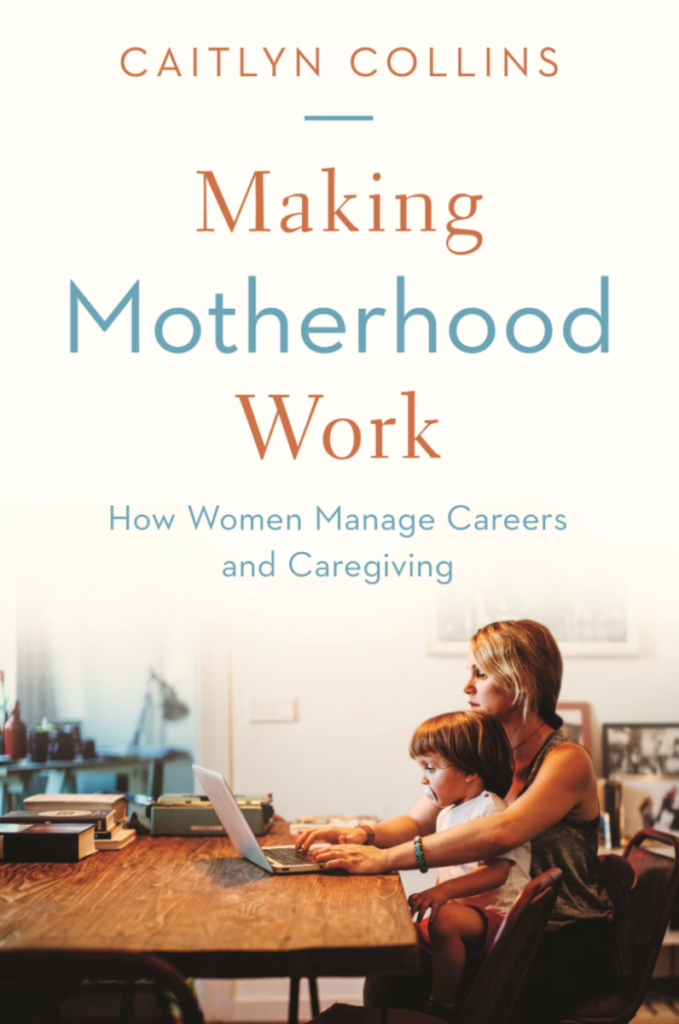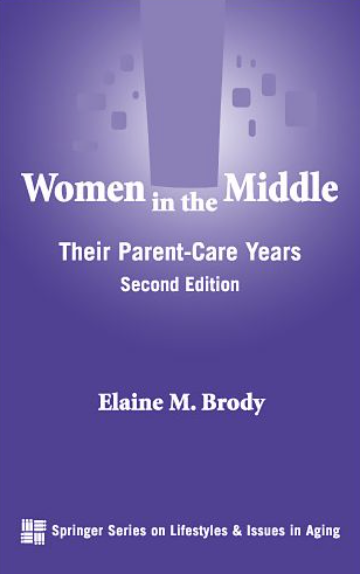The theme of Women’s History Month 2022 is “Women Providing Healing, Promoting Hope.” This theme was chosen by the National Women’s History Alliance to acknowledge “the ceaseless work of caregivers and frontline workers during this ongoing pandemic and also a recognition of the thousands of ways that women of all cultures have provided both healing and hope throughout history.”
The following list features a selection of books from the Emory Libraries that explore and honor women’s various roles and caregiving contributions as doctors, nurses, healers, midwives, mothers, grandmothers, and daughters.
Pollitt, P. (2016). African American and Cherokee nurses in Appalachia: A history, 1900-1965. McFarland & Company, Inc.
“Few career opportunities were available to minority women in Appalachia in the first half of the 20th century. Nursing offered them a respected, relatively well paid profession and their work was important in challenging healthcare inequities in the region.” (from catalog)
More, E. S., Fee, E., & Parry, M. (2009). Women physicians and the cultures of medicine. Johns Hopkins University Press.
“This volume examines the wide-ranging careers and diverse lives of American women physicians, shedding light on their struggles for equality, professional accomplishment, and personal happiness over the past 150 years.” (from publisher)
Ehrenreich, B. & English, D. (2010). Witches, midwives, and nurses: A history of women healers. Feminist Press at the City University of New York.
“Witches, Midwives, & Nurses, first published by the Feminist Press in 1973, is an essential book about the corruption of the medical establishment and its historic roots in witch hunters. In this new edition, Barbara Ehrenreich and Deirdre English have written an entirely new chapter that delves into the current fascination with and controversies about witches, exposing our fears and fantasies. They build on their classic exposé on the demonization of women healers and the political and economic monopolization of medicine. This quick history brings us up-to-date, exploring today’s changing attitudes toward childbirth, alternative medicine, and modern-day witches.” (from publisher)
Perrone, B., Krueger, V., & Stockel, H. H. (1989). Medicine women, curanderas, and women doctors. University of Oklahoma Press.
“The stories of ten women healers form the core of this provocative journey into cultural healing methods utilized by women. In a truly grass-roots project, the authors take the reader along to listen to the voices of Native American medicine women, Southwest Hispanic curanderas, and women physicians as they describe their healing paths.” (from publisher)
Luke, J. M. (2018). Delivered by midwives: African American midwifery in the twentieth-century South. University Press of Mississippi.
“‘Catchin’ babies’ was merely one aspect of the broad role of African American midwives in the twentieth-century South. Yet, little has been written about the type of care they provided or how midwifery and maternity care evolved under the increasing presence of local and federal health care structures. Using evidence from nursing, medical, and public health journals of the era; primary sources from state and county departments of health; and personal accounts from varied practitioners, ‘Delivered by Midwives: African American Midwifery in the Twentieth-Century South’ provides a new perspective on the childbirth experience of African American women and their maternity care providers during the twentieth century.” (from publisher)
Boulis, A. K., & Jacobs, J.A. (2008). The changing face of medicine: Women doctors and the evolution of health care in America. ILR Press/Cornell University Press. doi: 10.7591/9780801463495
“The number of women practicing medicine in the United States has grown steadily since the late 1960s, with women now roughly at parity with men among entering medical students. Why did so many women enter American medicine? How are women faring, professionally and personally, once they become physicians? Are women transforming the way medicine is practiced? To answer these questions, The Changing Face of Medicine draws on a wide array of sources, including interviews with women physicians and surveys of medical students and practitioners.” (from publisher)
Collins, C. (2019). Making motherhood work: How women manage careers and caregiving. Princeton University Press. doi: 10.1515/9780691185156
“A moving, cross-national account of working mothers’ daily lives-and the revolution in public policy and culture needed to improve them. The work-family conflict that (American) mothers experience today is a national crisis . . . ‘Making Motherhood Work’ draws on interviews that sociologist Caitlyn Collins conducted over five years with 135 middle-class working mothers in Sweden, Germany, Italy, and the United States. She explores how women navigate work and family given the different policy supports available in each country. Taking readers into women’s homes, neighborhoods, and workplaces, Collins shows that mothers’ desires and expectations depend heavily on context.” (from publisher)
Brody, E. M. (2006). Women in the middle: Their parent-care years. (2nd ed.) Springer.
“Women in the middle was so-named because daughters, who are the main caregivers to elderly disabled parents, most often in their middle years, are caught in the middle of multiple competing demands on their time and energy. Since the first edition, women’s responsibilities and the pressures they have experienced have increased and intensified. Dr. Brody revisits this phenomenon in this new, updated edition of her ground-breaking work. Women in the middle, 2/e, describes and discusses the caregiving women’s subjective feelings, experiences, and problems, and the effects on their mental and physical well-being, life styles, family relationships, and vocational activities. These case studies and narratives present an insider’s view of the harsh and sometimes joyful experience of caregiving. Special attention is given to the changing face of social, economic, and environmental conditions, as well as the diversity of the caregiver, in which caregiving takes place.
Search our Library Catalog to find further reading about women in medicine and women as caregivers and healers.
By Jennifer Elder, Women’s, Gender, & Sexuality Studies librarian.


